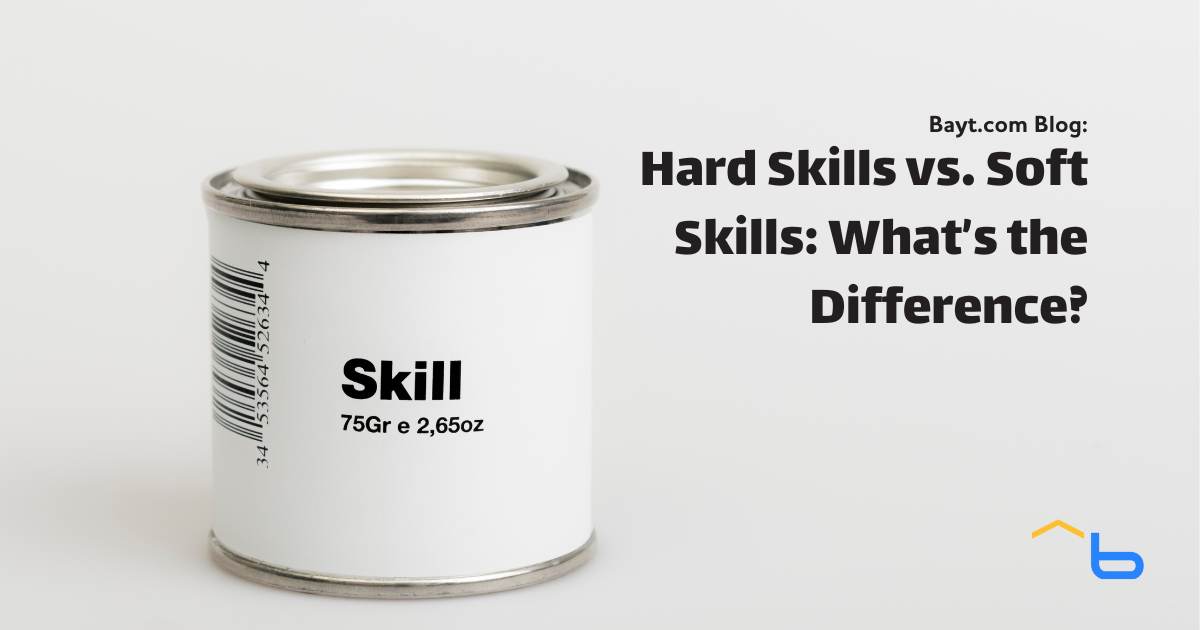
In the realm of career development, the terms "hard skills" and "soft skills" are frequently tossed around, often leaving job seekers scratching their heads. What exactly do they mean, and why do they matter? Let's embark on a journey to unravel the intricacies of hard and soft skills, exploring how they shape our professional lives and influence our success in the workplace.
Imagine you're assembling a piece of furniture—a table, perhaps. Hard skills are the tools in your toolbox—the tangible, concrete abilities you possess that enable you to perform specific tasks. They're the nuts and bolts of your professional toolkit, acquired through education, training, and practical experience.
Think of hard skills as the technical know-how required to excel in a particular job or industry. For example, if you're a graphic designer, your hard skills include proficiency in Adobe Photoshop, Illustrator, and InDesign. If you're an accountant, your hard skills encompass knowledge of financial software, such as QuickBooks or Excel.
Hard skills are measurable and quantifiable. They're what you can do, the technical expertise you bring to the table. Employers often look for candidates with a strong foundation of hard skills relevant to the role they're hiring for, as these abilities are essential for performing job-specific tasks efficiently and effectively.
Now, let's shift our focus to soft skills—the intangible qualities that define how we interact with others and navigate the complexities of the workplace. Soft skills are the interpersonal, emotional, and social attributes that influence how we communicate, collaborate, and problem-solve.
Unlike hard skills, which are specific to a particular job or industry, soft skills are transferable across roles and industries. They're the universal skills that enable us to thrive in any professional setting, from boardrooms to virtual meetings.
Soft skills encompass a broad spectrum of attributes, including communication, teamwork, adaptability, leadership, problem-solving, and emotional intelligence. They're the glue that holds teams together, the catalyst for innovation, and the driving force behind effective collaboration.
Consider a scenario where you're leading a team project. Sure, your technical expertise (hard skills) is crucial for executing tasks, but it's your soft skills that determine how well you navigate challenges, communicate with team members, and inspire collaboration. Soft skills are the key to building strong relationships, fostering a positive work environment, and ultimately achieving success in your endeavors.
In the dynamic landscape of the modern workplace, both hard and soft skills are indispensable. While hard skills may get you through the door, it's your soft skills that pave the way for long-term success and career advancement.
Think of hard skills as the foundation of a building—they provide stability and structure. However, it's the soft skills—the paint, the decor, the ambiance—that make the space inviting and functional.
Finding the perfect balance between hard and soft skills is the secret to professional excellence. It's about leveraging your technical expertise while honing your interpersonal abilities to become a well-rounded and highly effective professional.
It's essential to recognize the significance of both hard and soft skills. They complement each other, working in tandem to guide us toward our goals and aspirations. So, the next time you're crafting your CV or preparing for an interview, remember to showcase not only your technical proficiency but also your interpersonal prowess. When you professionally balance hard and soft skills, you'll set yourself apart as a dynamic and valuable asset in today's competitive job market.

Comprihensive...!!!